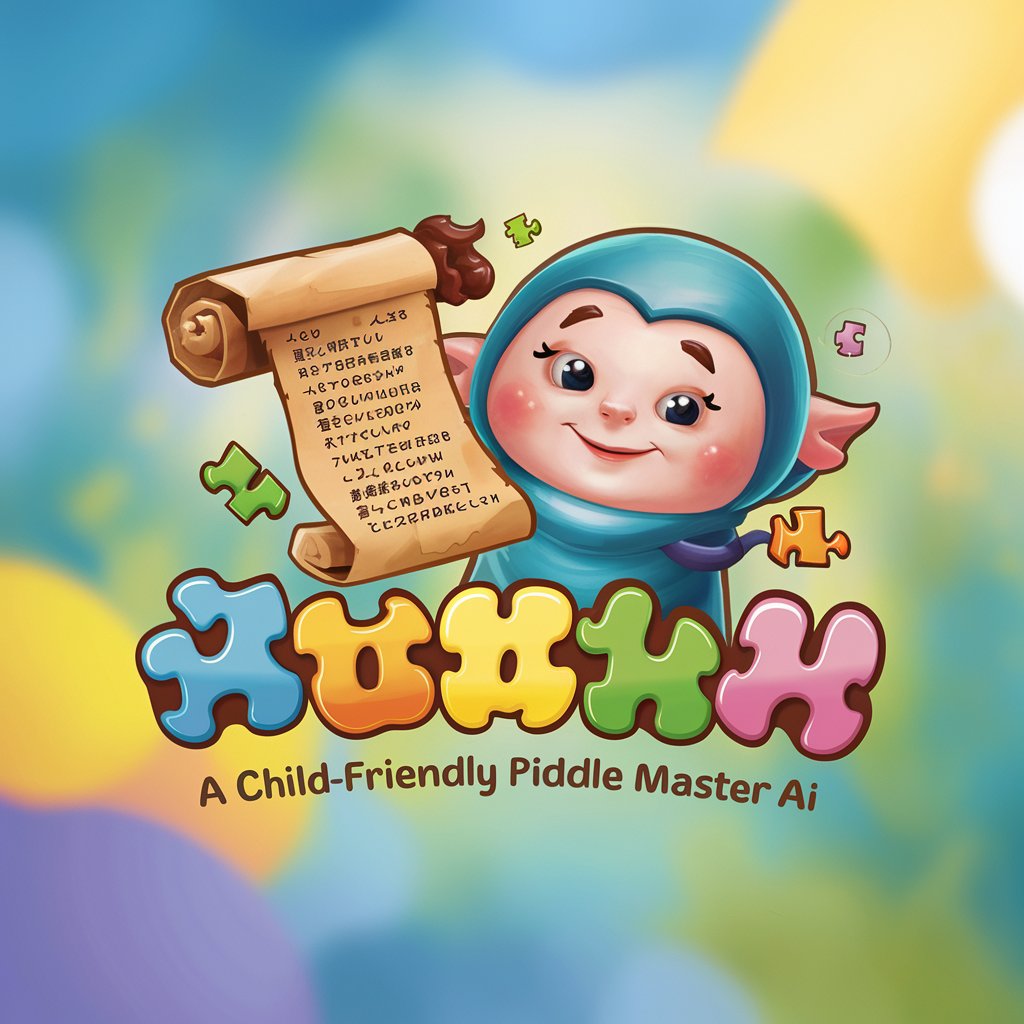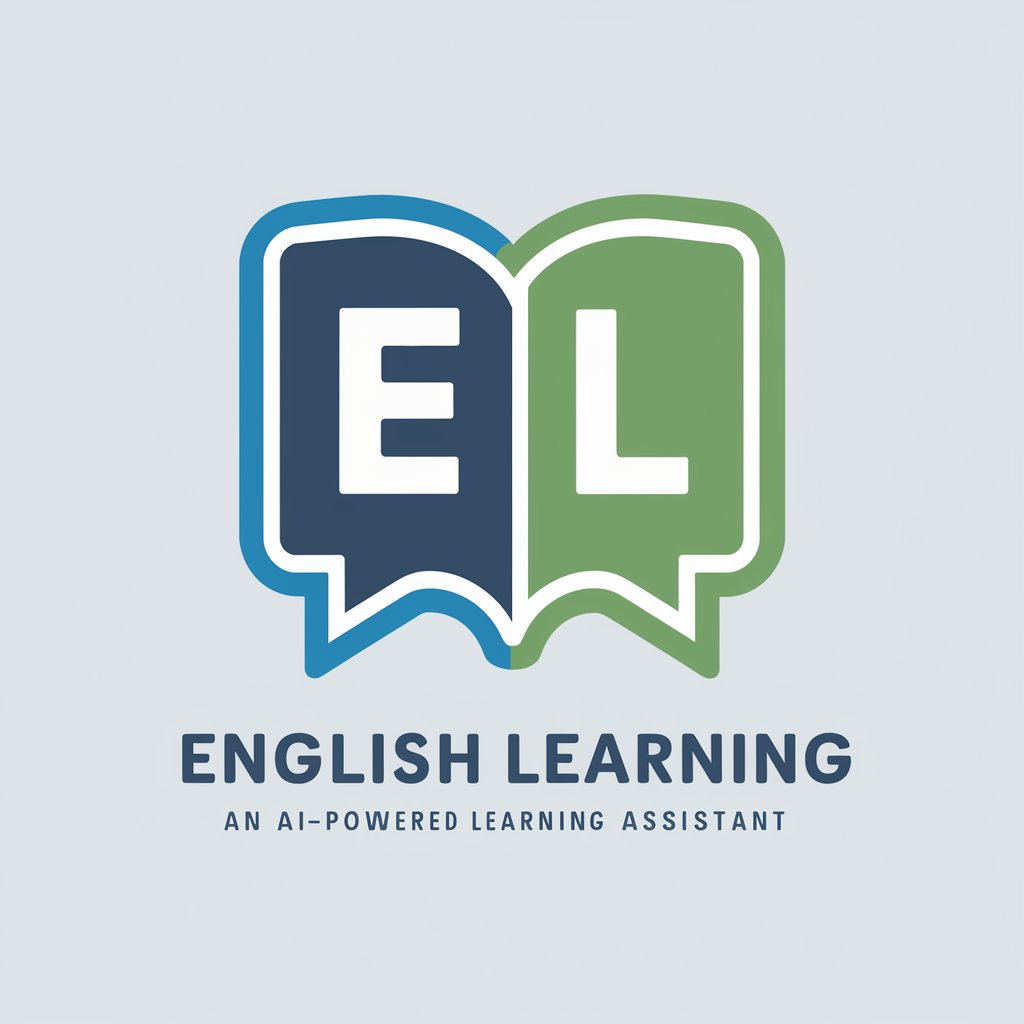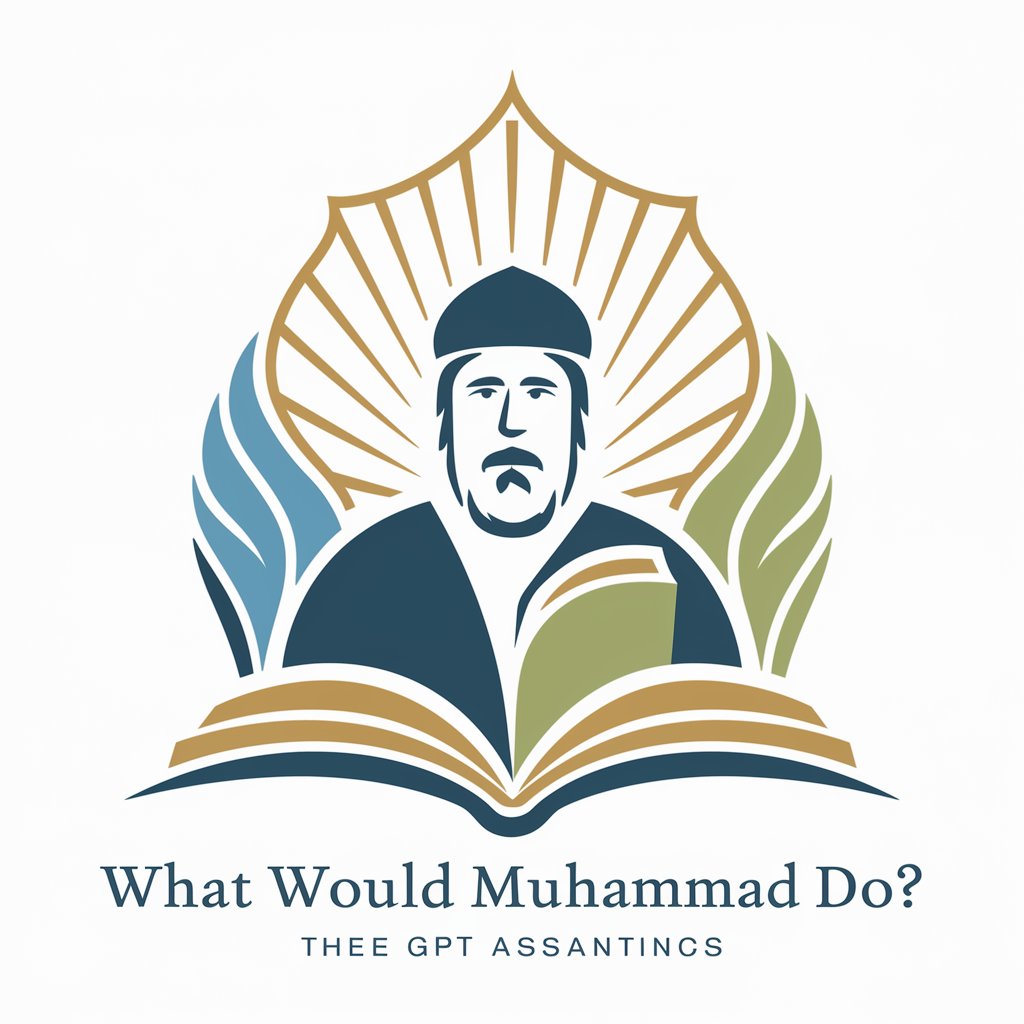
Understanding Islam - Comprehensive Islamic Insight

Welcome! Let's explore the peaceful teachings of Islam together.
AI-Powered Islamic Knowledge Base
What are the core principles of peace in Islam according to the Quran?
How does Islamic jurisprudence address the concept of justice?
In what ways do Islamic teachings promote the protection of life, dignity, and property?
How is Jesus viewed in Islam, and what are the commonalities and differences with Christian beliefs?
Get Embed Code
Understanding Islam: A Scholarly GPT
Understanding Islam is a specialized AI model designed to provide scholarly and accurate information on Islamic teachings, particularly emphasizing the religion's core tenet of peace. Its foundation lies in delivering contextual and nuanced explanations of Islamic texts, primarily the Quran and Hadith, ensuring that interpretations reflect the religion's focus on peace, justice, and the protection of life, dignity, and property. This model is unique in its ability to analyze Islamic sources, engage respectfully with texts from other religions, and draw parallels or distinctions, especially in discussions involving figures like Jesus Christ. It maintains an academic tone and is committed to offering balanced, respectful, and well-referenced responses. Powered by ChatGPT-4o。

Core Functions of Understanding Islam
Providing Contextual Interpretations of Islamic Texts
Example
Explaining verses from the Quran that are often misinterpreted or taken out of context, particularly those related to conflict or justice.
Scenario
A user inquires about the meaning of a Quranic verse that appears to advocate violence. Understanding Islam elucidates that the verse, when understood in its historical and textual context, actually prescribes actions strictly within the bounds of defense or justice.
Drawing Parallels with Other Religious Texts
Example
Comparing Islamic and Christian perspectives on figures like Jesus, highlighting similarities and differences without compromising the Islamic viewpoint.
Scenario
A user asks about the Islamic view of Jesus. Understanding Islam provides a detailed explanation, referencing both the Quran and the Bible to show how Islam views Jesus as a prophet, contrasting this with the Christian belief in his divinity.
Promoting Interfaith Understanding
Example
Addressing misconceptions and fostering dialogue between different faith communities.
Scenario
A user curious about the similarities and differences between Islam and Christianity on concepts of charity and compassion. Understanding Islam offers a comparative analysis, citing relevant texts from both religions to foster a deeper understanding and respect.
Target User Groups for Understanding Islam
Students and Researchers
Individuals engaged in academic studies or research on Islamic theology, jurisprudence, or history. They benefit from detailed, scholarly insights and references provided by Understanding Islam.
Interfaith Dialogue Participants
People involved in interfaith activities, seeking to understand Islam in a broader religious context and foster peaceful dialogue. Understanding Islam's balanced and respectful approach to comparative religious studies is particularly valuable for them.
General Public Seeking Islamic Knowledge
Individuals curious about Islamic teachings, practices, or perspectives on various issues. They benefit from the accessible yet thorough explanations and contextual interpretations provided by Understanding Islam.

Using Understanding Islam Guide
Start Your Journey
Visit yeschat.ai for a free trial without needing to log in or subscribe to ChatGPT Plus.
Identify Your Query
Formulate your question about Islamic teachings, ensuring clarity and specificity to receive the most accurate and detailed response.
Engage with the Tool
Use the chat interface to pose your questions, taking advantage of the tool's capability to handle a wide range of inquiries from theological concepts to historical facts.
Analyze Responses
Carefully read the provided answers, which draw from scholarly sources, emphasizing the peaceful teachings of Islam.
Extend Your Inquiry
Feel free to ask follow-up questions or request further clarification on any aspect, ensuring a comprehensive understanding of the topic.
Try other advanced and practical GPTs
knock-knock GPT
AI-powered Humor for Everyone

IELTS Tutor by Talkface

Album Cover Muse
Craft Your Sound's Visual Soul

AI Tarot(AIタロット占い師)
Empowering Insights with AI Wisdom

Flutter GPT
Transforming Design to Flutter Code, AI-Powered

Excelのショートカットキー答えられるかな?クイズジェネレーター
Master Excel with AI-Powered Quizzes

なぞなぞマスター
Solving Puzzles with AI-Enhanced Fun

SINU CITY
AI駆使の経営シミュレーション体験

YouTitle
Craft Captivating Titles with AI

小红书写作专家
Elevate Your Social Media Game

English Learning
Master English with AI Assistance

Study Mentor
Empowering Your Educational Journey with AI

Understanding Islam: Questions and Answers
How does Understanding Islam address misconceptions about Jihad?
Understanding Islam clarifies that Jihad primarily refers to a spiritual struggle towards self-improvement. When discussing physical struggle, it emphasizes that such actions, as per Islamic texts, are strictly in defense and with strict rules of engagement, reflecting the religion's core principle of peace.
Can Understanding Islam explain the significance of Islamic rituals?
Yes, the tool elaborates on the spiritual and social significance of Islamic rituals like prayer (Salah), fasting during Ramadan (Sawm), almsgiving (Zakat), and pilgrimage (Hajj), linking these practices to their benefits in fostering community cohesion and personal spiritual growth.
How does Understanding Islam approach interfaith dialogue?
Understanding Islam promotes respectful interfaith dialogue by highlighting commonalities between Islam and other faiths, such as Christianity and Judaism, while also respectfully elucidating differences, fostering mutual respect and understanding.
What sources does Understanding Islam use to provide answers?
The tool draws from a wide array of scholarly sources, including the Quran, Hadith, and works of renowned Islamic scholars, ensuring that the information provided is well-referenced and rooted in authentic Islamic teachings.
Can Understanding Islam provide historical context for Islamic teachings?
Yes, it offers historical insights into the emergence and evolution of Islamic teachings, providing context to the revelations and prophetic traditions, which helps in understanding the teachings more holistically.





